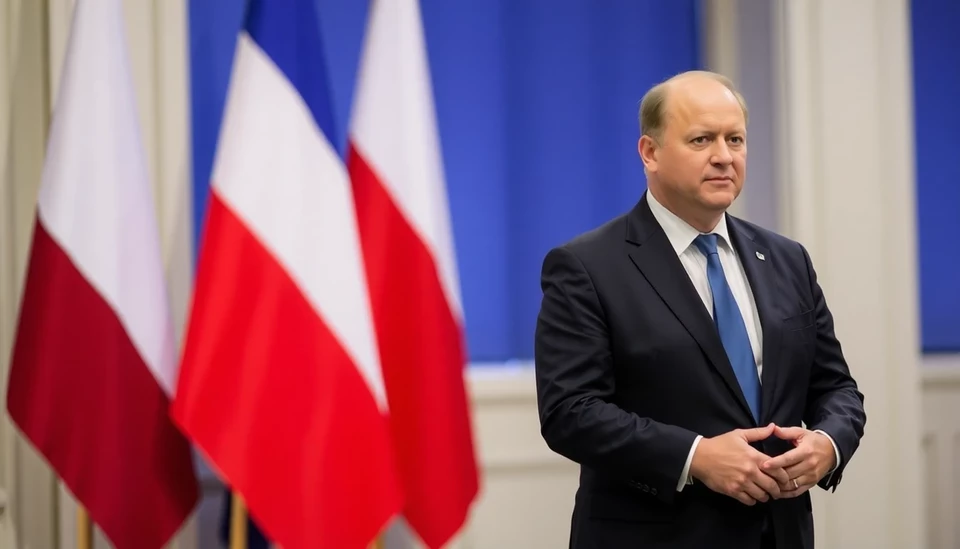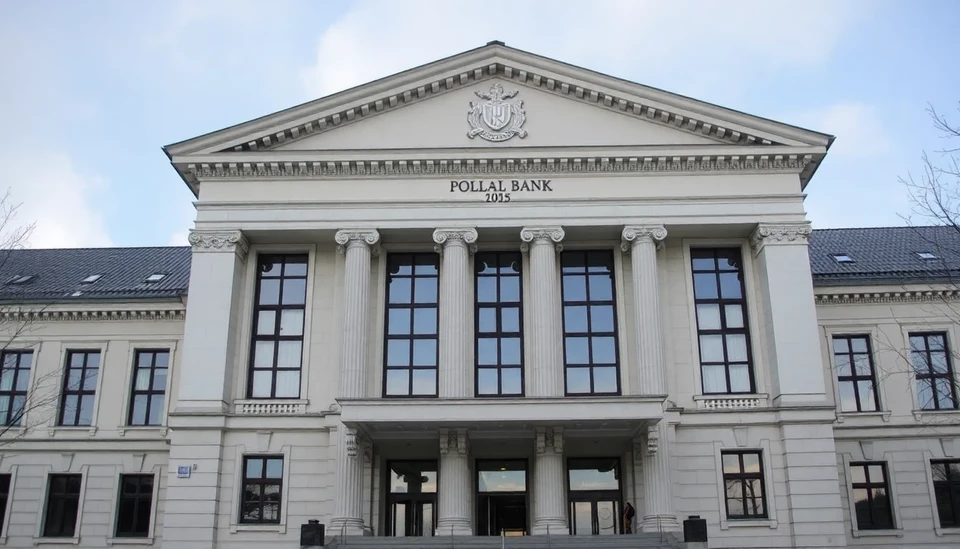
In a surprising turn of events, Poland's political leadership has extended an unexpected invitation to one of the nation’s wealthiest individuals, offering a commitment to significantly reduce regulatory hurdles that impact business operations. This bold move appears to be part of a broader strategy to attract investment and encourage economic growth amidst a shifting political landscape.
The Polish Prime Minister recently met with the billionaire entrepreneur, whose ventures have been pivotal in shaping the local economy. Over the course of their conversation, the Prime Minister outlined a comprehensive plan aimed at slashing bureaucratic red tape that often stifles innovation and hinders rapid growth. This initiative is expected to draw positive reactions from the business community, signaling a welcome shift toward a more business-friendly environment.
During the meeting, the Prime Minister acknowledged the challenges that come with navigating the intricate web of regulations that businesses face in Poland. He assured the billionaire that measures would be implemented to streamline processes, thereby encouraging future investments and helping existing enterprises to thrive.
The proposed reforms are particularly appealing to entrepreneurs who have often expressed frustration over the time-consuming and complex procedures that have been a hallmark of operating in Poland. By prioritizing a reduction in these barriers, the government hopes to create a more agile economic framework that fosters competition and spurs innovation.
Critically, this initiative aligns with Poland’s broader economic objectives which focus on boosting growth rates and improving the overall business climate. With increasing competitiveness from neighboring countries, the Polish government is aware that it must act swiftly to retain and attract both domestic and foreign investment.
Moreover, the government's overture to the billionaire is not merely a gesture; it signifies a potential partnership that could yield mutual benefits. For the entrepreneur, this could mean easier expansion opportunities, while for the government, it could result in increased employment and economic dynamism.
The international business community is closely watching how this relationship will unfold, as it could set a precedent for how governments interact with private sector leaders. Should these reforms materialize effectively, it is likely that other countries may take notes from Poland’s strategies in reducing red tape.
As the discussion continues to gain traction, many are optimistic about what these new developments might yield for Poland's economic future. With a commitment from the highest levels of government to ease the burden of regulations, businesses could soon find themselves in a more favorable operational environment than ever before.
In conclusion, Poland's proactive approach towards facilitating business growth may revolutionize the way entrepreneurs engage with regulatory bodies, ultimately shaping a new and invigorating landscape for both local and international investors.
#Poland #Billionaire #EconomicGrowth #Investment #RedTape #BusinessFriendly #RegulatoryReform
Author: Rachel Greene




